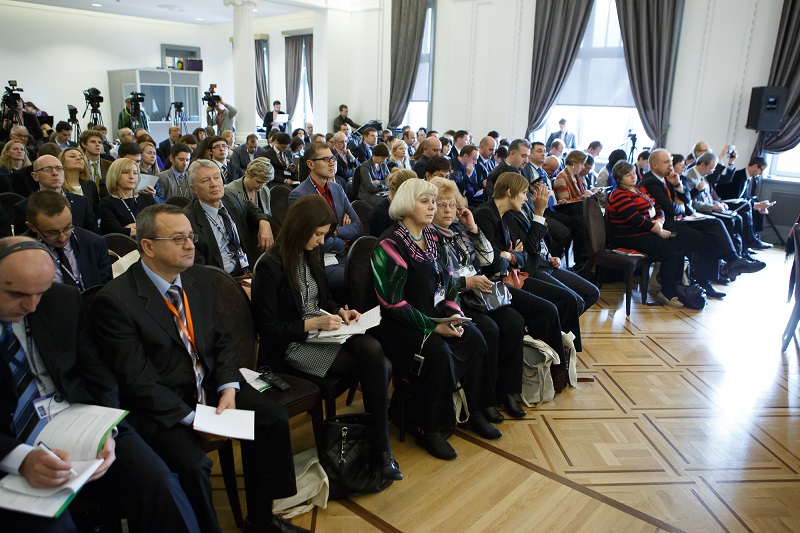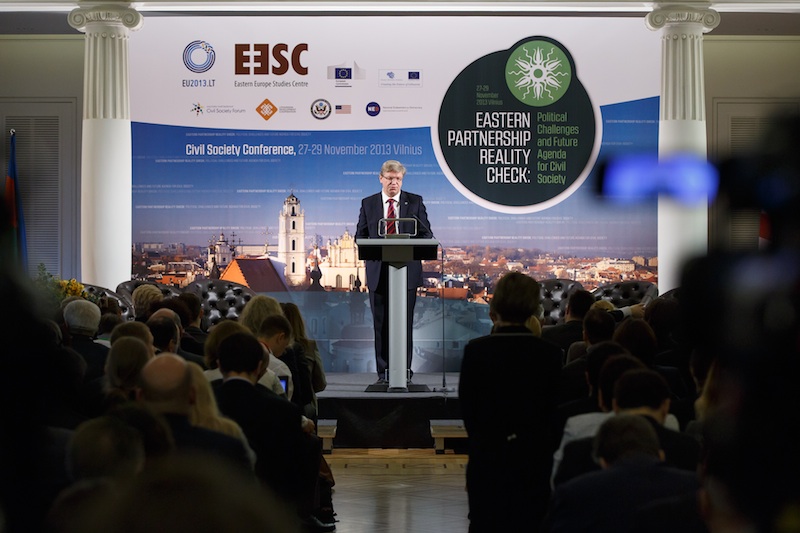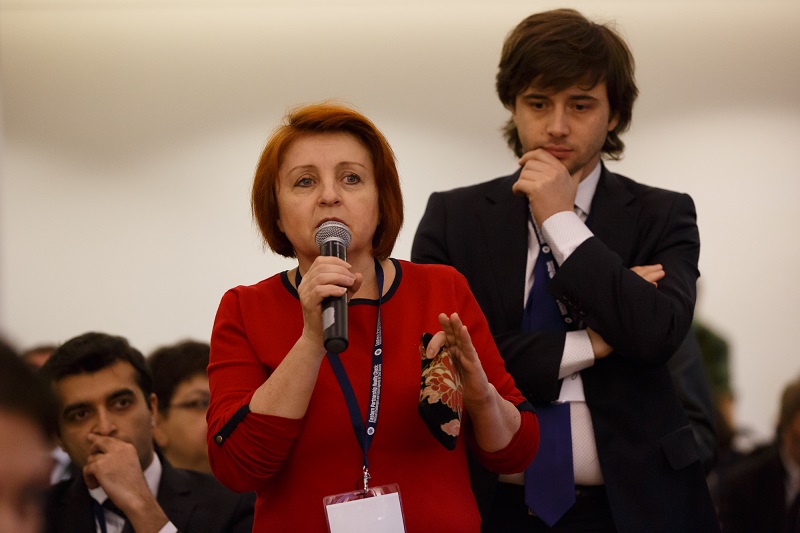|
IN THE SPOTLIGHT |
Eastern Partnership Civil Society Forum
|
|
EaP Civil Society Forum at the Civil Society Conference in Vilnius: Political Challenges and Future agenda of the Eastern Partnership
In November an important event in the life of the Eastern Partnership Civil Society Forum, Civil Society Conference that is traditionally conducted in the margins of the Eastern Partnership Summits took place. Up to 100 Forum participants took part in the event that brought together civil society leaders from the EaP countries and the EU, key experts from regional and transatlantic non-governmental organisations, think-tanks, international aid agencies and political foundations, as well as distinguished political figures and public activists. The event took stock of the Eastern Partnership policy from Warsaw to Vilnius and set the future course of action from Vilnius to Riga. The panellists discussed how to empower civil society and enhance civil society’s participation in the decision making processes. Commissioner Füle talking about the deliverables of the Eastern Partnership, said that engagement with citizens, with the civil society is the major success of the policy. Commissioner reiterated the support to the Civil Society Forum, a stakeholder in the Eastern Partnership and expectation of playing a key role of a structural dialogue with authorities of the EaP countries, building up on the results of the sectorial cooperation, leading dialogue with member states, and taking part in the implementation of Association Agreements (Commissioner Speech).
In the joint declaration of the Eastern Partnership Summit, government representatives of the Eastern Partnership countries and the EU also recalled the valuable role of civil society within the Eastern Partnership. They recognized that civil society constitutes an integral element in a well-functioning democratic system. They underlined the contribution of civil society in all the relevant activities under the Partnership including through the Civil Society Forum and its National Platforms and the importance of participation of the Civil Society Forum representatives in the meetings of the multilateral Platforms and the role played by civil society in partners’ reform processes in encouraging dialogue between civil society and partner countries' authorities on achieving the goals of the Eastern Partnership. They emphasized the importance of continuing to make available adequate resources as appropriate to support the capacity development and further involvement of civil society in national reform processes.
The panel Role and State of Civil Society: Glass Half-full or Half-empty?, in which all the panellists represented Civil Society Forum, identified the formation of the regional civil society, and regional solidarity on various issues, be it the U-turn of the policies of the Ukrainian government or the issue of political prisoners, as a success of the Eastern Partnership policy. The importance of statements produced by the Forum and National Platforms in this regard was stressed by Krzysztof Bobinski and Ulad Vyalichka. Manana Kochladze underlined the importance of tripartite dialogues between the government, civil society and the EU, which is successfully going on in Georgia since 2010, and reminded that the path to European integration will be lengthy as it requires change of a mind-set. Leila Alieva called to analyse and address individual obstacles to reform in each of the Eastern Partnership countries and suggested that by replacing the ambitious reform agenda by agendas dominated by pragmatic interests the societies of the EaP countries are deprived of their reform potential. |
Project funded by the European Union
![]()










